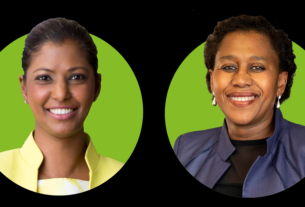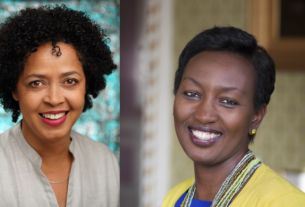The Nigerian physician is the new director of the World Health Organization’s (WHO) Pandemic and Epidemic Intelligence Centre. Based in Berlin, Germany, the Center was inaugurated on September 1 by German Federal Chancellor Angela Merkel and Dr. Tedros Adhanom Ghebreyesus, WHO Director-General. Its mission is to provide the world with better data, analysis and decisions to detect and respond to health emergencies.
This new Pandemic and Epidemic Intelligence Centre, WHO explains, was created to better prepare and protect the world against global disease threats. The Center will bring together diverse partners across disciplines to share data for the common good. Most importantly, it will help experts and policymakers around the world predict, detect and assess the risks of epidemics and pandemics, so they can respond quickly to future public health emergencies. “The world needs to be able to detect emerging events with pandemic potential and monitor disease control measures in real time in order to implement effective pandemic and epidemic risk management. This Hub will be critical to that effort, leveraging innovations in data science for public health surveillance and response, and creating systems through which we can share and expand expertise in this area globally,” said Dr. Tedros Adhanom Ghebreyesus.

The WHO Center, the organization explains, is part of the WHO Health Emergencies Programme and will be a new collaboration between countries and partners around the world, fostering innovations to increase the availability of critical data, develop state-of-the-art analytical tools and predictive models for risk analysis, and connect communities of practice worldwide. It is essential that the WHO Center supports the work of public health experts and policymakers in all countries by providing them with the tools to predict, detect, and assess epidemic and pandemic risks, so that they can make rapid decisions to prevent and respond to future public health emergencies.
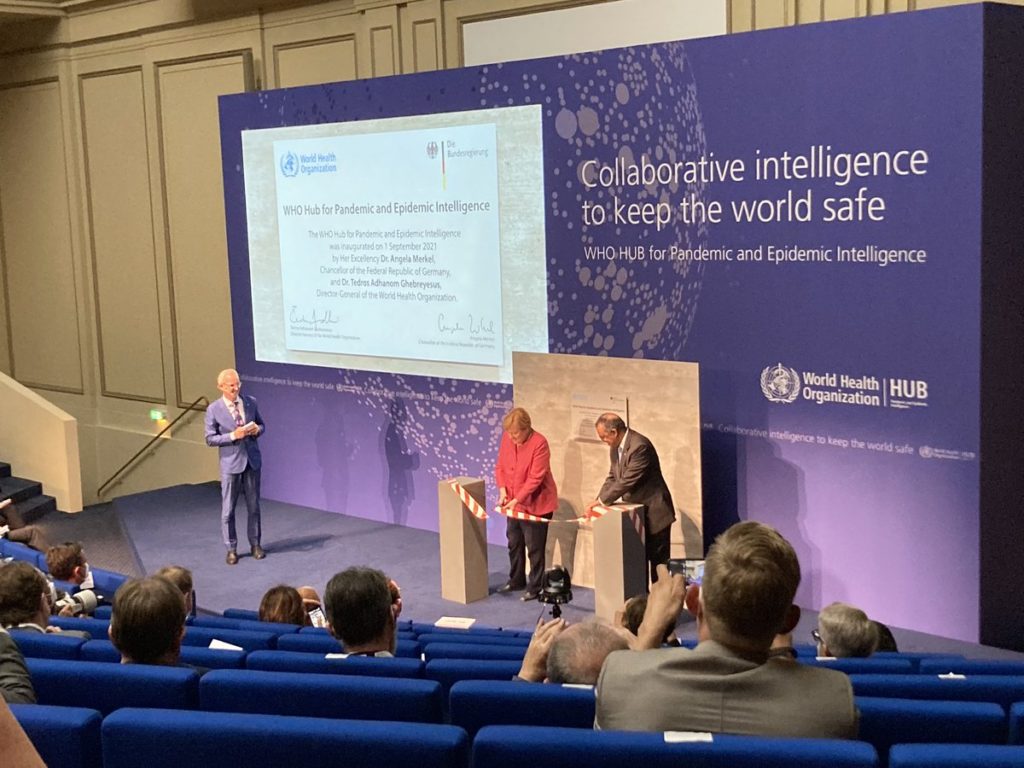
For example, the platform will work to improve methods of accessing multiple sources of vital data to generate signals and insights on disease emergence, evolution and impact; develop state-of-the-art tools to process, analyze and model data for detection, assessment and response; provide WHO, its Member States, and partners with these tools to support better and faster decisions on how to deal with signals and events related to outbreaks; and connect and catalyze institutions and networks that are developing solutions to epidemics for the present and future.
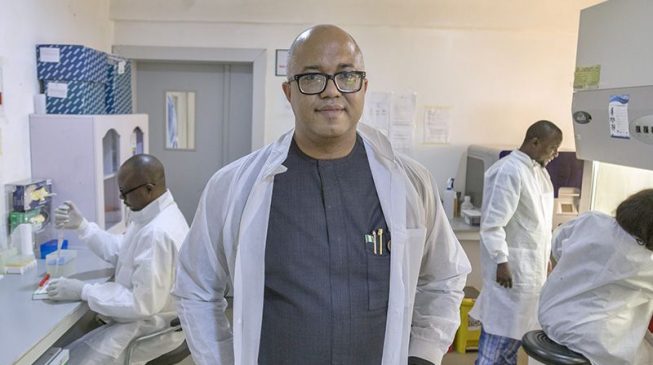
The WHO center, it is explained, currently operates out of a facility provided by Charité – Universitätsmedizin Berlin, one of Europe’s largest teaching hospitals. The Center will soon move to a permanent campus in the heart of Berlin, in Kreuzberg, which will provide a collaborative working environment for staff and represent a wide range of disciplines.
Germany has provided an initial investment of $100 million for the Center, which will be led by Dr. Chikwe Ihekweazu, who will begin his tenure on November 1, 2021.
Experienced epidemiologist
Dr. Chikwe Ihekweazu is currently the director general of the Nigeria Center for Disease Control (NCDC) and was, until January 2018, the acting director of the West Africa Regional Center for Disease Control.
Dr. Ihekweazu is trained as an infectious disease epidemiologist and has more than 20 years of experience in public health leadership and executive positions at several national public health institutes. Until July 2016, prior to his appointment as NCDC’s Executive Director, Dr. Chikwe Ihekweazu was Managing Partner of EpiAfric, a public health consulting firm that provides expertise in health project design and evaluation, research, health communication, and postgraduate professional development. He was also the curator of the health policy advocacy platform: Nigeria Health Watch.
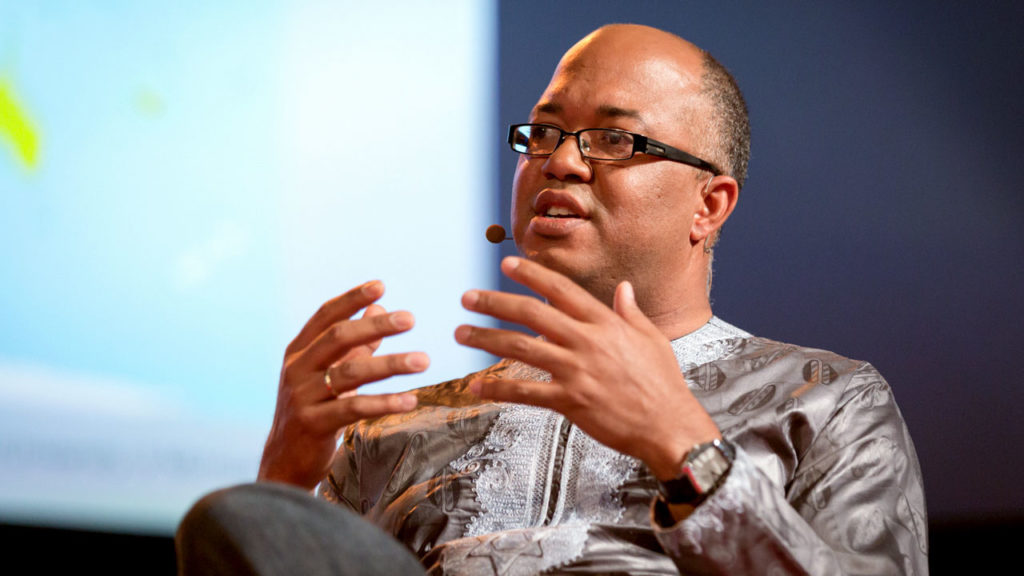
Previously, from 2011 to 2014, he was co-director of the Centre for Tuberculosis at the South African National Institute of Communicable Diseases in Johannesburg, South Africa. Long before that, he was a consultant epidemiologist working for the UK Health Protection Agency, heading the South East Regional Epidemiology Team and also worked for the Robert Koch Institute in Germany.
Dr. Chikwe Ihekweazu has held several consulting positions with WHO and has led several short-term missions for WHO, primarily in response to major epidemics (including two Ebola outbreaks) and supporting the design of surveillance systems, which has included work in Geneva, Sudan, Liberia, Botswana, Zimbabwe, Lesotho, Swaziland, Turkey and Nigeria.
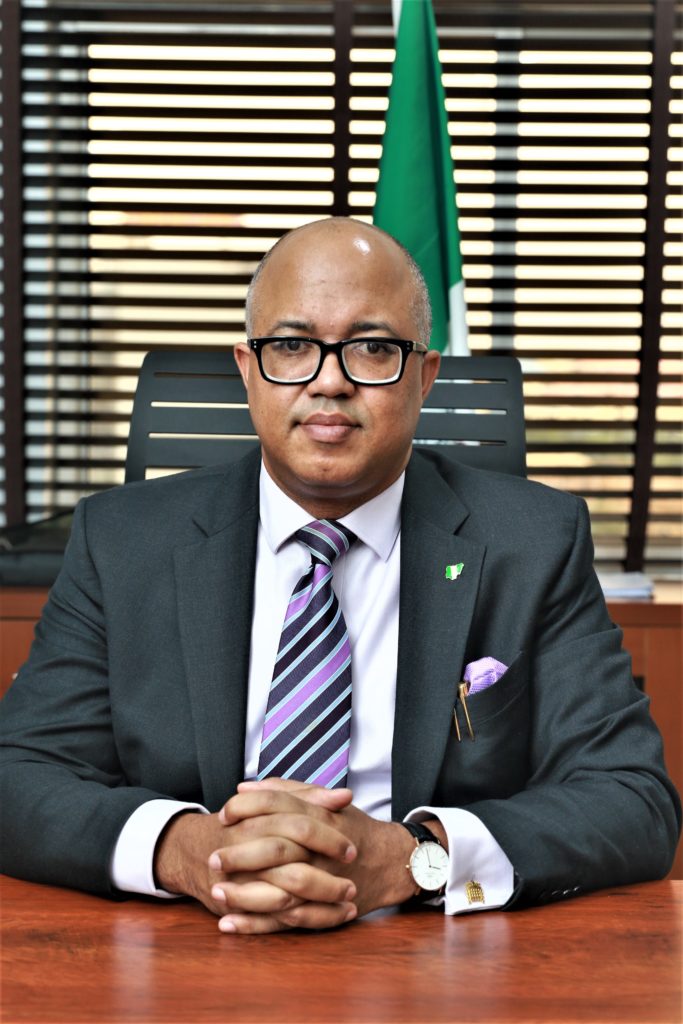
Dr. Ihekweazu is a graduate of the University of Nigeria College of Medicine and holds a Master of Public Health (MPH) degree from the Heinrich-Heine University in Düsseldorf, Germany. In 2003, he received a fellowship for the European Programme for Intervention Epidemiology Training (EPIET) and subsequently completed his specialization in public health in the UK. He is widely published in his areas of expertise in peer-reviewed medical journals.
Dr. Ihekweazu is a board member of the following NGOs: Public Health Foundation of Nigeria, Society for Family Health, Education as a Vaccine and ONE’s African Policy Advisory Board.

